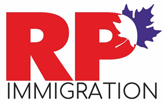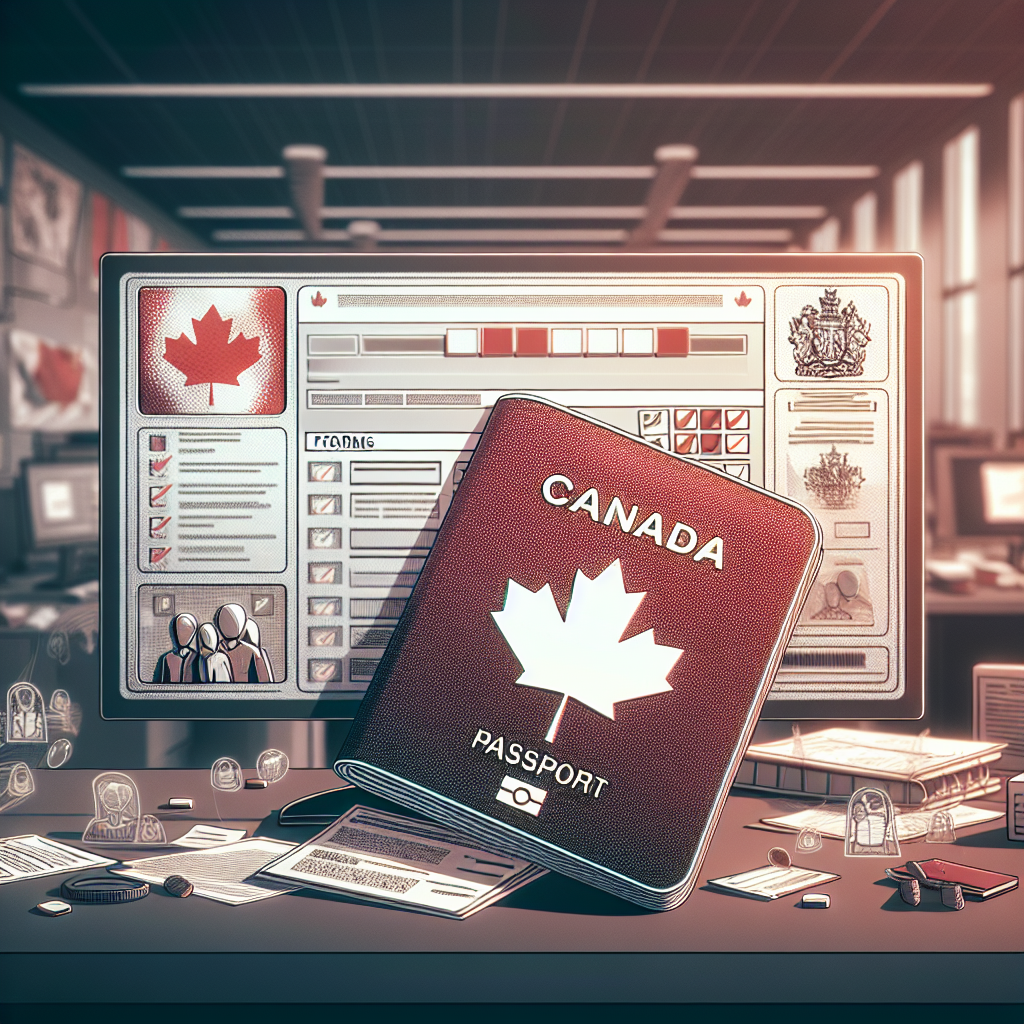Planning to immigrate to Canada or already waiting for a decision on your application? Then you’ll want to stay updated on how long it might take. Immigration, Refugees and Citizenship Canada (IRCC) has just released its latest processing time updates for November 2025. These times give you an idea of how long you might be waiting—whether it’s for permanent residency, a work or study permit, or a family sponsorship.
Let’s walk through what’s new in these updates, what’s changing, and how you can plan ahead.
Why Does IRCC Processing Time Matter?
Think of processing time as the clock that starts ticking after you submit your immigration application. It helps you figure out when to expect a decision. Whether you’re applying from within Canada or from another country, these timelines help manage your expectations.
But here’s the catch—processing times can change every week. That’s why keeping an eye on updates from IRCC is key. A faster timeline means you can arrange your move, work, or study plans sooner. A slower one might mean you need to be patient and build in extra time.
How Does IRCC Calculate Processing Times?
IRCC provides processing times based on how long it took to process 80% of applications in the past. These times are posted weekly and updated automatically based on recent trends. So, the number you see isn’t set in stone—it reflects an average of past performance.
Here’s a helpful tip: IRCC has recently started using new technology and advanced analytics to speed things up for certain applications. So if your file is straightforward, you might even hear back faster than the published times suggest.
Permanent Residence Application Updates – November 2025
Let’s start with those applying for permanent residency (PR). Whether you’re a skilled worker, part of a provincial nomination program, or coming in under a pilot program, here’s what November’s update reveals for IRCC processing times:
- Express Entry (Canadian Experience Class): 4 months
- Express Entry (Federal Skilled Worker Program): 5 months
- Express Entry (Federal Skilled Trades Program): 8 months
- Express Entry (Provincial Nominee Program): 8 months
- Non-Express Entry Provincial Nominee Program: 11 months
- Quebec Skilled Workers: 20 months
- Start-Up Visa: 38 months
- Agri-Food Pilot: 17 months
Interesting, right? If you’re applying through Express Entry, the process is moving relatively quickly—especially under the Canadian Experience Class. But some programs, like the Start-Up Visa or Quebec-specific applications, are still taking longer.
Family Sponsorship Processing Times
Thinking of bringing your loved ones to Canada? Family sponsorship is one pathway many Canadians use to reunite with family members. Here’s how the processing times are looking:
- Spouse/Common-law partner (inside Canada): 13 months
- Spouse/Common-law partner (outside Canada): 5 months
- Parents or Grandparents: 23 months
- Dependent Child: 15 months
The good news? If your spouse or partner is applying from outside Canada, things are moving faster. However, sponsoring parents or grandparents still requires a healthy dose of patience.
Temporary Resident Visas and Permits
Wondering about study or work permits? Or maybe you’re visiting Canada on a temporary resident visa (TRV)? Here’s what November’s update tells us:
Visitor Visas
- Visitor visas (outside Canada): 112 days
- Visitor visa (inside Canada): 22 days
The difference here is huge. If you apply for a visitor visa while already in Canada, the process is much quicker. But if you’re applying from abroad, be prepared to wait a bit longer—close to four months in many cases.
Work Permits
- Work permit (outside Canada): Varies (for India: approx. 8 weeks)
- Work permit (inside Canada): 133 days
If you’re applying from countries like India, work permit timelines are relatively fast. But processing times inside Canada can be longer, particularly for extensions or changes to conditions.
Study Permits
- Study permit (outside Canada): Varies by country (for India: around 9 weeks)
- Study permit extension (inside Canada): 68 days
Good news for international students: applications for study permits are being processed steadily, especially for those in high-volume countries like India.
Citizenship Applications
Already a permanent resident and planning to apply for citizenship? Here’s what the IRCC is reporting:
- Citizenship Grant: 7 months
- Citizenship Certificate: 5 months
- Citizenship Resumption: 14 months
- Renunciation of Citizenship: 15 months
- Proof of Citizenship (Inside Canada): 5 months
If you’ve met all the residency requirements and passed your citizenship test, you could be a Canadian citizen in under a year—which is pretty encouraging.
Tips to Speed Up Your Application
No one enjoys waiting, especially when it’s something as life-changing as immigration. Here are a few simple steps you can take to help your application move along:
- Double-check your documents before you submit.
- Use IRCC’s online system whenever possible—it’s faster and more efficient.
- Respond quickly to any requests or communication from IRCC.
- Keep track of your application’s status online through your IRCC account.
- Consider medical exams or police certificates in advance, if required.
Also, whenever IRCC releases a new update, like this one for November 2025, it’s a great reminder to check where things stand and adjust your plans if needed.
Final Thoughts
Immigrating to Canada is a big step—and knowing how long it might take can help you feel more in control. The IRCC processing time update for November 2025 shows a mix of faster and slower timelines depending on the type of application.
So whether you’re applying for a student visa, hoping to bring a spouse to Canada, or pursuing permanent residency, staying up to date gives you a clear picture of what to expect. And who knows? With IRCC investing in smarter processing tools, your wait might be shorter than you think.
Remember, immigration is a journey—not just a deadline. So hang tight, stay informed, and keep your dreams of Canada alive!


